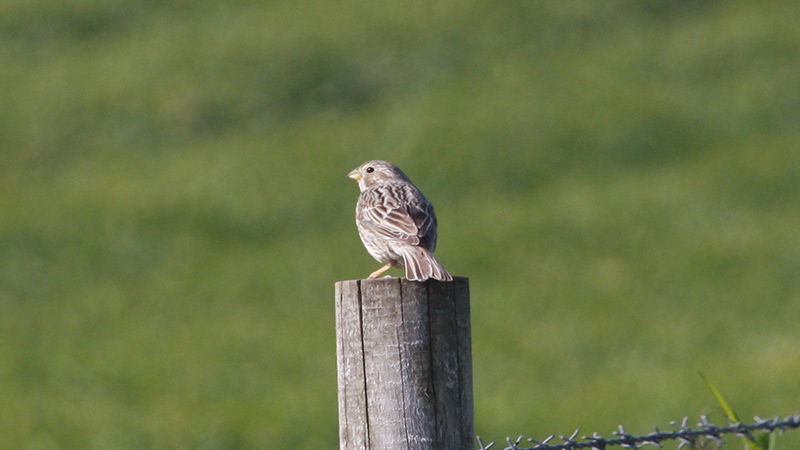
A new collaborative study published in the Journal PNAS finds that agricultural intensification, in particular pesticides and fertiliser use, is the main pressure for most bird population declines, especially for invertebrate feeders.
Using ‘the most recent and largest empirical dataset ever assembled for Europe to investigate the effect of anthropogenic pressures’, the study highlighted the predominant detrimental impact of agriculture intensification on avian biodiversity at a continental scale over climate change, urbanisation, and forest cover changes.
“It is a critical time for the survival of the UK’s rural ecology. Agricultural intensification and continued reliance on harmful pesticides and fertilisers has been devastating for bird populations.
“To address this massive decline within the wider context of biodiversity loss, OF&G advocates a joined up and transformative approach in our farming systems that effectively supports and enhances the natural world. Organic is scientifically proven to deliver benefits by prohibiting the use of synthetic agrochemicals and on average, organic farms host 34% more biodiversity than non-organic farms.
“In a Defra funded Test & Trial the Cholderton Estate showed its organically managed land has at least five times the indicative biodiversity asset value on each hectare compared to the neighbouring non-organic estate, including 137 wild bird species being identified.
“Organic provides a clear and verified solution to delivering against environmental ambitions alongside food production. As such the contribution of UK organic farming must be explicitly recognised within agricultural policy and Government’s Land Use Framework.”
Roger Kerr, chief executive, Organic Farmers & Growers
See also: New report highlights benefits of organic farming for biodiversity
